By S. R. Bhatt, Indian Philosophical Congress
Nature has bestowed upon human beings immense potentialities. Systematic thinking is one of the moresignificant ways of utilizing human potentiality in terms of thought constructions and system building with practical orientation and use. Every system of thought is an outcome of felt needs and aspirations of an age and a cultural milieu. Human reflections do not originate in cultural vacuum or in a void. To be meaningful and useful they have to be rooted in culture specific experiences. But this does not mean that they do not have universal relevance or utility, as human nature, needs and aspirations are more or less the same. So, human thought should have at once local and global, individual and universal dimensions. Human cultural heritage is open to all and should be shared by all. There cannot be any confinement or closed-door approach about it.
Though human thought and value-pursuits know no geographical boundaries or barriers, there is something unique and distinctive in each individual culture that needs to be shared at local and trans-geographical spheres. The values posited and pursued in each individual culture are global and universalizable though the way they are posited, pursued and realized are uniquely local to their base.
The Reality expresses itself in multiple forms and there are multiple ways of expressing our experiences of multi-faceted Reality. So, there cannot be any unanimity or uniformity in our modes of thinking and ways of living. There cannot be any regimentation in this respect. It would be improper and unjust to insist that there can be only one particular mode that has to be universally acceptable. Genuine thought has to stem from concretely lived experiences that are culturally conditioned and therefore democracy in ideas has to be the guiding point. There should always be a scope for healthy disagreement. The thoughtful and creative minds need not always agree or think along a fixed path. There is room for debate and discussion, mutual exchanges, healthy dialogues and give and take to arrive at truth.
Cultural pluralism
It is a welcome feature that humankind is in possession of multiplicity of cultures each having its distinctive characteristics. Culture in all its facets and dimensions is a crucial constituent and instrument of human development. It is an individual as well as social affair. It is a totality of heritage borne by a society. It is crystallization of material, mental, intellectual and spiritual wealth generated and preserved by the society.
The richness and complexity of Reality cannot be apprehended in terms of exclusive ‘either-or’. Dichotomous or exclusivist approach is not conducive to comprehend its diversity and dynamism, openness and infinite expansion, perfect and yet ever-growing nature.
The Reality is basically unitary in nature and the entire multiplicity is situated in it as its creative transformation or manifestation. One becomes many and the many is the creative play of ‘One. So, the ‘One’ is in many and the many is in ‘One’. As Hua-yen Buddhism following the Indrajālasūtra of the Avatamsakasūtra puts it, “In One is all, in many is One. One is identical to all, many is identical to One.” In this organismic view One has ontic or existential priority over many but it does not in any way imply its superiority in terms of value. The basic idea is that One and many are not incompatible but mutually reinforcing as they are two facets of the same Reality. The multi-hued tapestry of world cultures glitters with numerous shining strands, right from the dawn of human civilization.
The multiple cultures of world are quite varied and astonishing. They display some commonalities as well as differences, similarities as well as dissimilarities However, the variety of cultures has broad similarities which may enable us to have mutual understanding and call for a need for peaceful co-existence with mutual reinforcements. In every culture there has been ceaseless flow of several thought currents with new tributaries joining them. There is multiplicity embedded in unity and therefore human civilization is comparable to a garland of varied and variegated flowers each contributing to the symbiosis of the mixed fragrance. It is like a symphony of the play of multiple musical instruments in an orchestra each contributing its melodious tune to the totality. Of course, there have been some jarring notes but they should be treated as aberrations rather than normal happenings. So, the point is that multiculturalism has come to stay but mutual sharing is also useful. Therefore, it would not be wise to talk in terms of ‘clash of civilizations’ since all cultures and civilizations are of equal value and utility and complementary in character. The need of the day is cultural dialogues, mutual give and take, harmony and concord. Any talk of cultural superiority or hegemony is harmful to peaceful living and global harmony.
Multi-culturalism as a basic plank of holistic view of Reality and life is the view of manifoldness and multifarious-ness which provides a basis for peaceful co-existence, corporate living, cooperative enterprises, mutual caring and sharing, judicious utilization of natural and human resources, interconnectedness of all existences and their reciprocity. It advocates the sublime ideals of equality, fraternity, justice and non-violence. The philosophy of inclusive pluralism, concomitance, concordance and coordination ensures adaptive flexibility and reconciliation of opposites that is very much needed these days. It is particularly helpful in intercultural dialogues, religious harmony, conflict resolution, social cohesion and peaceful living. This type of understanding leads to mutual complementarities, mutual cooperation and mutual trust, coexistence and, provides for democracy in ideas and in living. It inculcates the spirit of peaceful co-existence, tolerance and mutual support.
Sharing the future
Sharing the future is both intra-generational and inter-generational. It means limitations of wants, desires and possessions, curb on unlimited cravings, unlimited accumulation and unlimited consumption and leaving natural resources for posterity. Acquisition of wealth is not bad, only attachment to it or its misuse is to be avoided. The guiding principle is, “Use that which is needful and give the surplus for future generation”. There has to be sustainable production and fair distribution. Everyone has equal right to share the natural resources and therefore there should be no deprivation. This implies intra-generational justice and fair play and also inter-generational justice and fair play.
As we acutely feel, all is not well in the contemporary global existential scenario with violence and other maladies all around, and this calls for a paradigm shift in our value-perceptions, in our modes of thinking and in our ways of living. We are passing through a critical period struggling between best possibilities and worst possibilities.
At the present juncture humankind is facing a crisis which is manifold and multi-dimensional. Human existence is stationed at a crossroad. It is a time when forces of unity and harmony can triumph, and marvels of science and technology can be used to ameliorate human suffering and ensure quality of life, precisely at this time forces of terror and violence and impulses of lower human nature are advancing menacingly on a global scale. The ratiocinate human mind is confronted with a dilemma as to how to respond to the present scenario. It has therefore become imperative to explore deeper and higher dimensions of human resources by means of which we can successfully work for the victory of the ideals and values which have inspired onward march of civilizations. The need of the day is cultural dialogues, mutual give and take, harmony and concord.
Moving ahead in twenty first century with rich, diverse and varied heritage humankind is still searching for new paradigms, looking for new insights, novel intuitions and fresh approaches for global peace and harmony and therefore there is a need for serious ‘rethinking’ on the part of knowledgeable persons all over the world. There is a widespread misapprehension about the nature and meaning of Reality and human existence and consequent all round global erosion of values, loss of dignity and authenticity in life, and predominance of disvalues masquerading as true values.
In this era of globalization and rapid transport system the world has shrunk giving rise to co- existence of multiple cultures which demands peaceful and harmonious living for betterment and wellness. There have always been migrations and immigrations right from the dawn of human civilization as human mobility has been witnessed at all the times and at all places. But in modern times there has been acceleration in this process. Multi-culturalism is now an established phenomenon. Taken positively, it is a welcome sign and provides richness to human civilization.
Our sense of belonging to one world has been voiced in ancient times by the Vedic seers as “Let the entire universe be one family” (vasudhaivakuṭumbakam) and this has been possible in modern times in true sense. In the world we find multiple cultures everywhere. They display some commonalities as well as differences.In the framework of identity-cum-difference cultural pluralism needs to be celebrated. The cosmos is unity-in-multiplicity and harmonious co-existence is built in its process. Harmony is natural and internal.
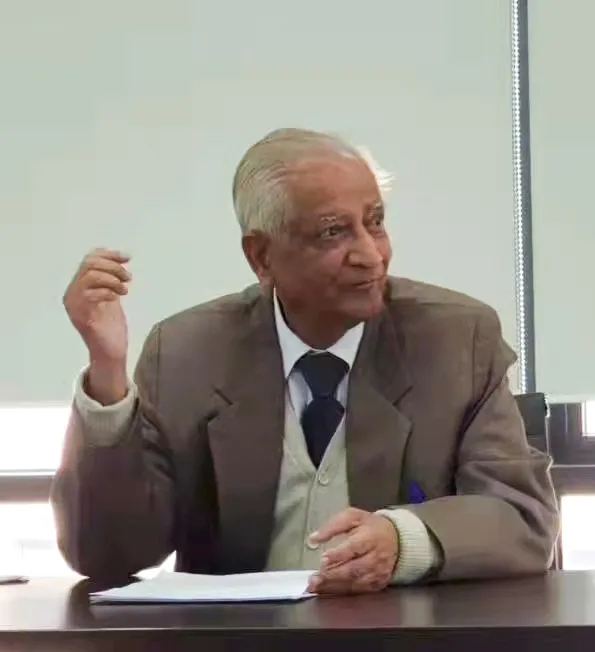
Bio:
S. R. Bhatt, GeneralPresident of the Indian Philosophical Congress and the Akhil Bharatiya Darshan Parishad (All India Philosophy Association).He retired as Professor and Head, and Coordinator of UGC Special Assistance Programme, Department of Philosophy, University of Delhi, Delhi, India. His main research fields are ancient Indian philosophy, logic, epistemology, ethics, value theory, philosophy of education, philosophy of religion, comparative religion, social and political thought, etc.








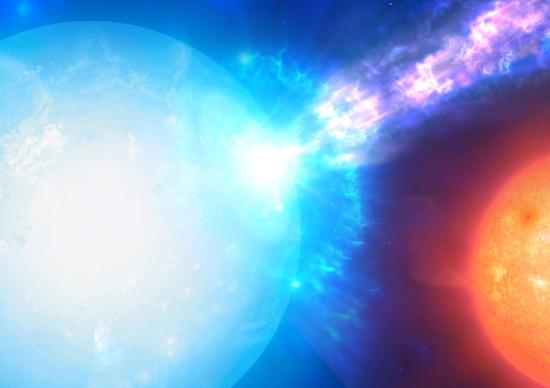
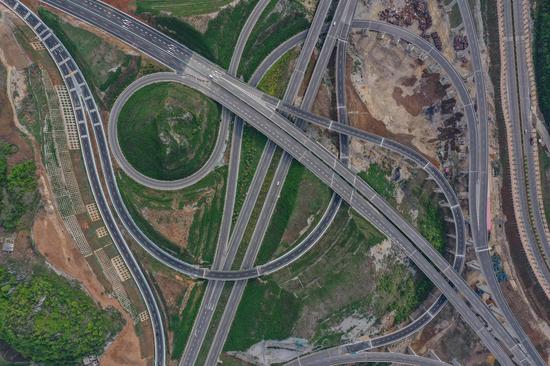

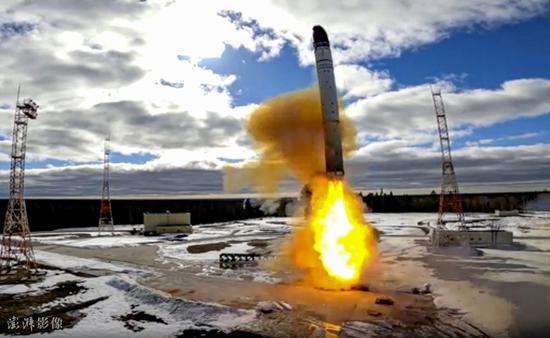
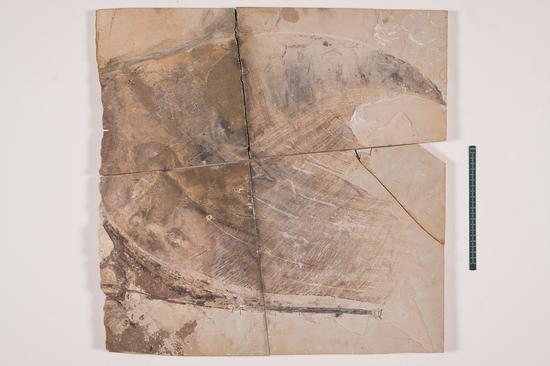
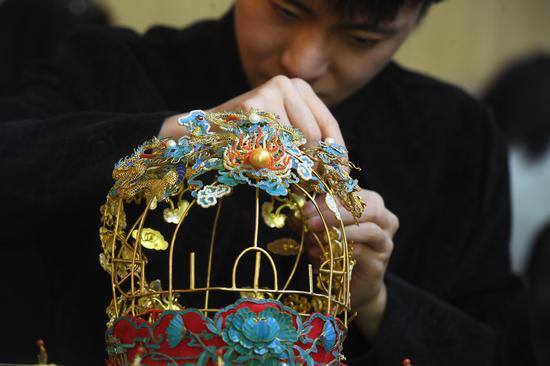


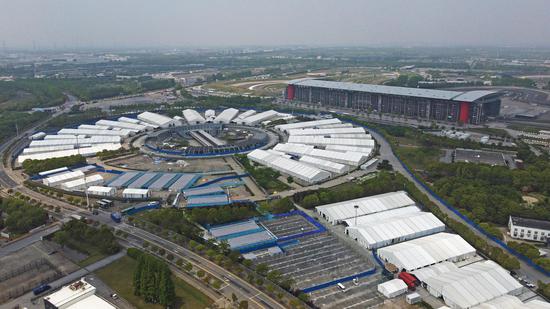

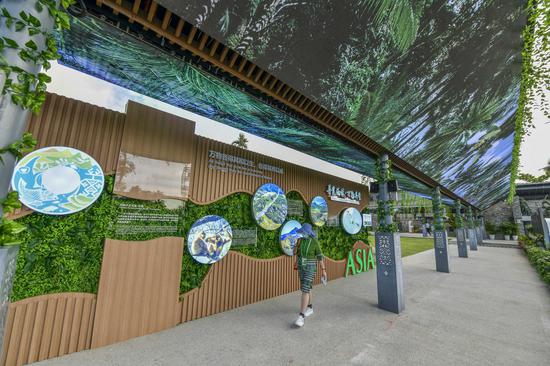
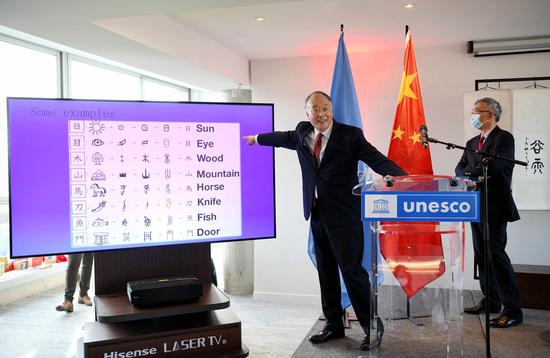

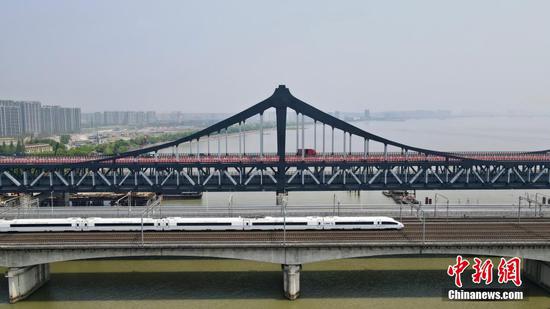
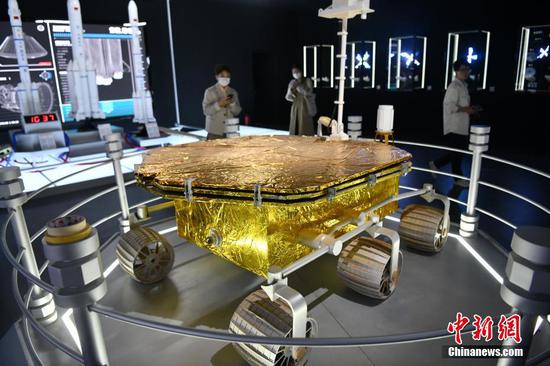
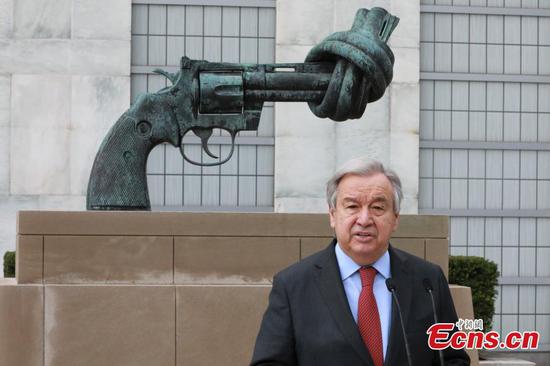
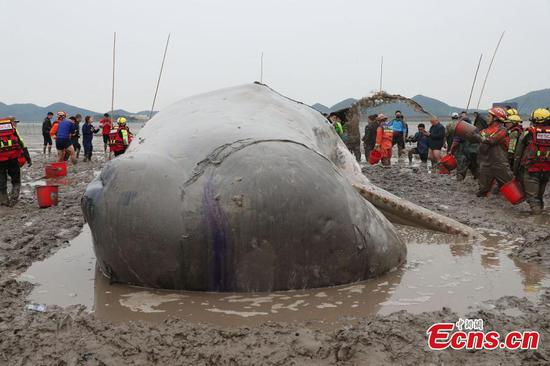
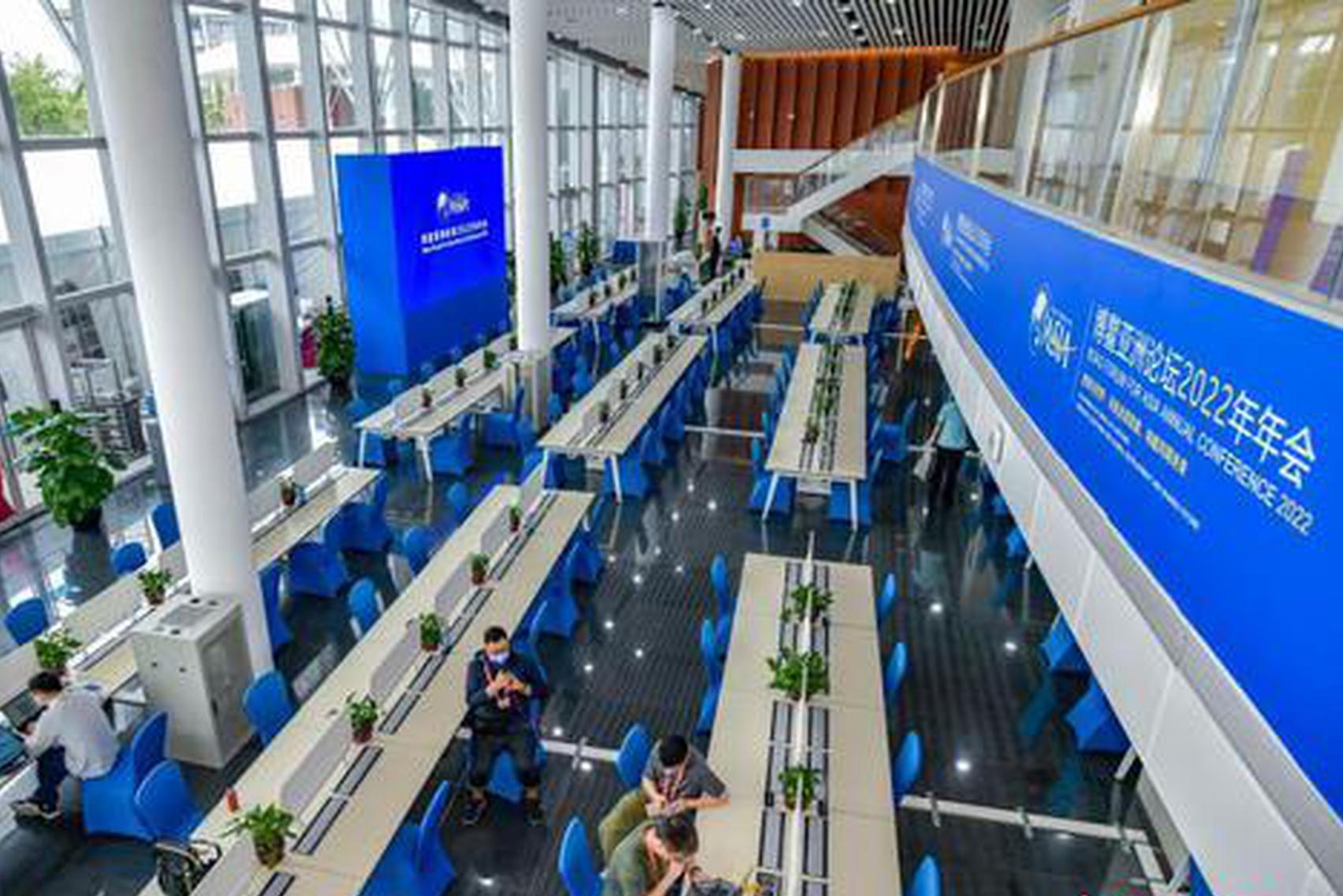

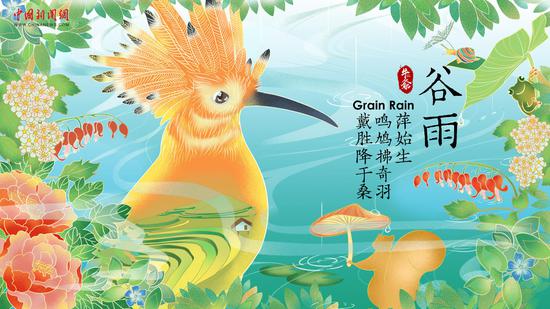
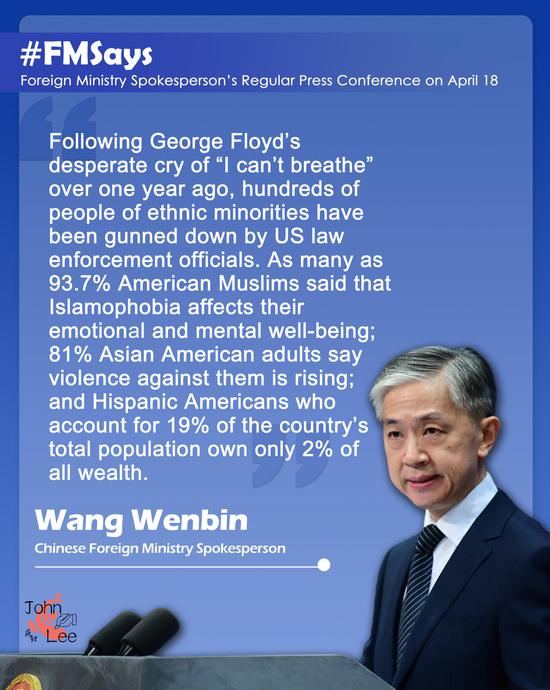
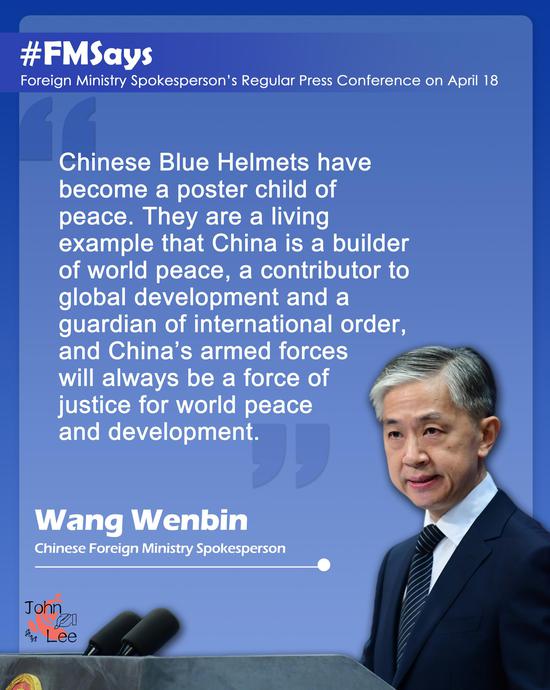
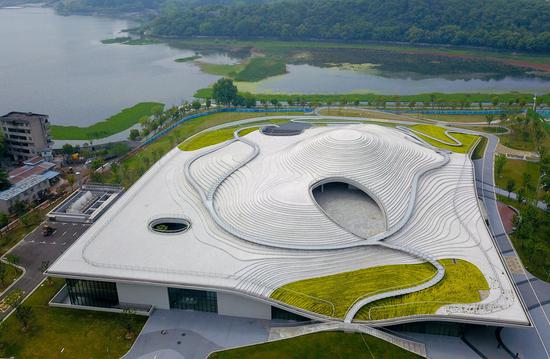
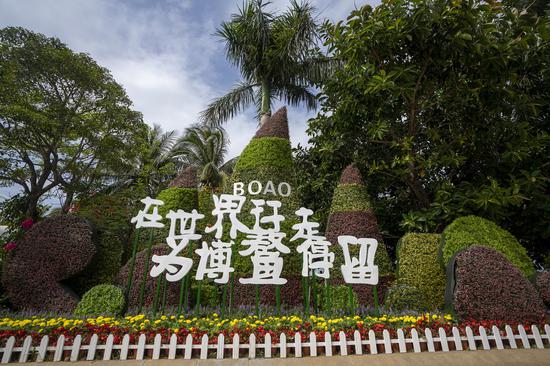

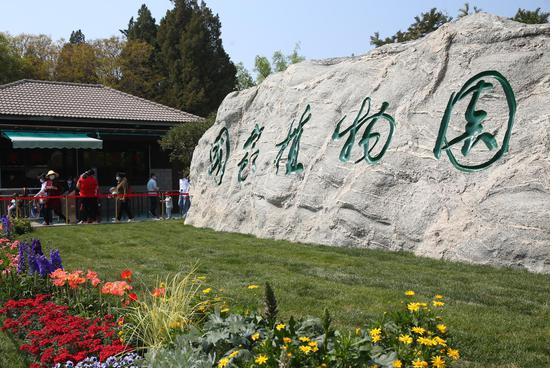


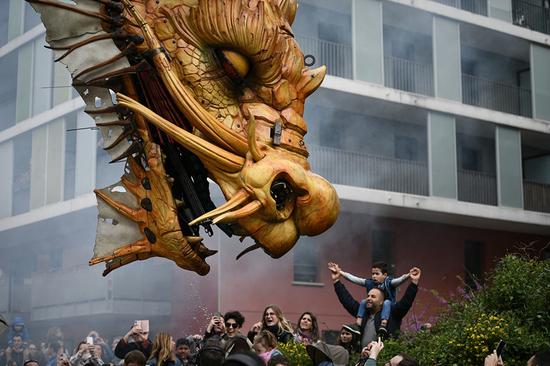
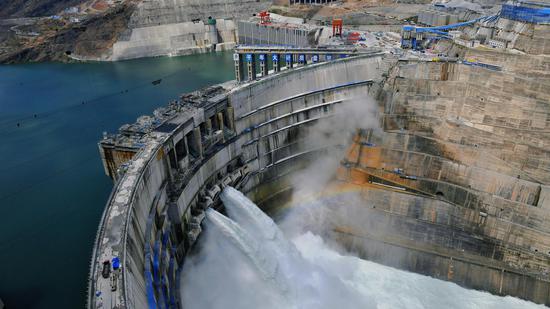

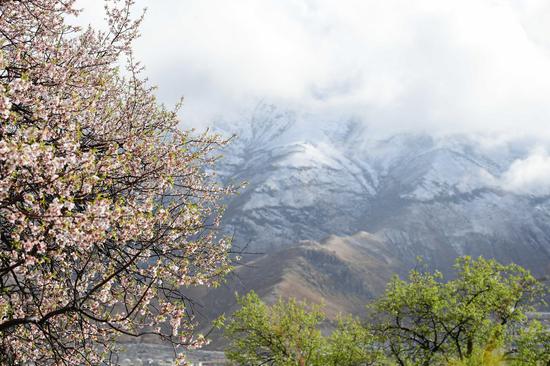
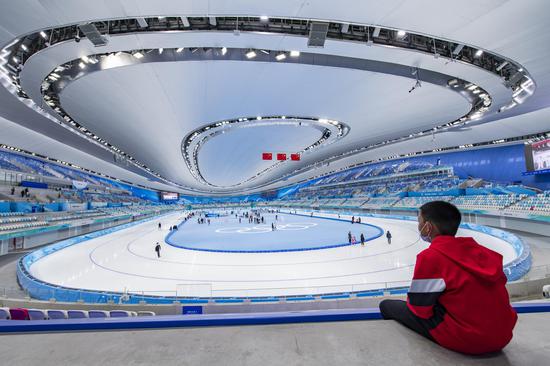

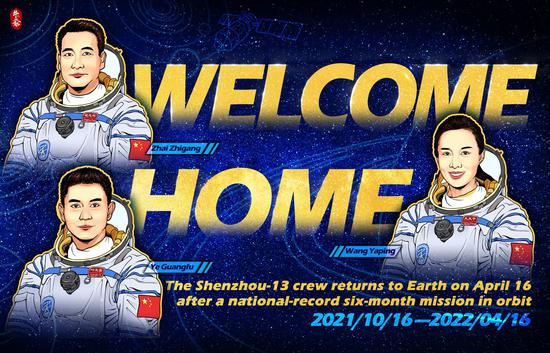





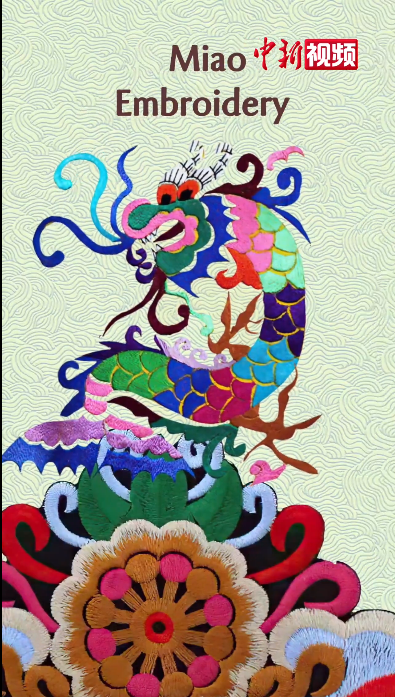

 京公网安备 11010202009201号
京公网安备 11010202009201号